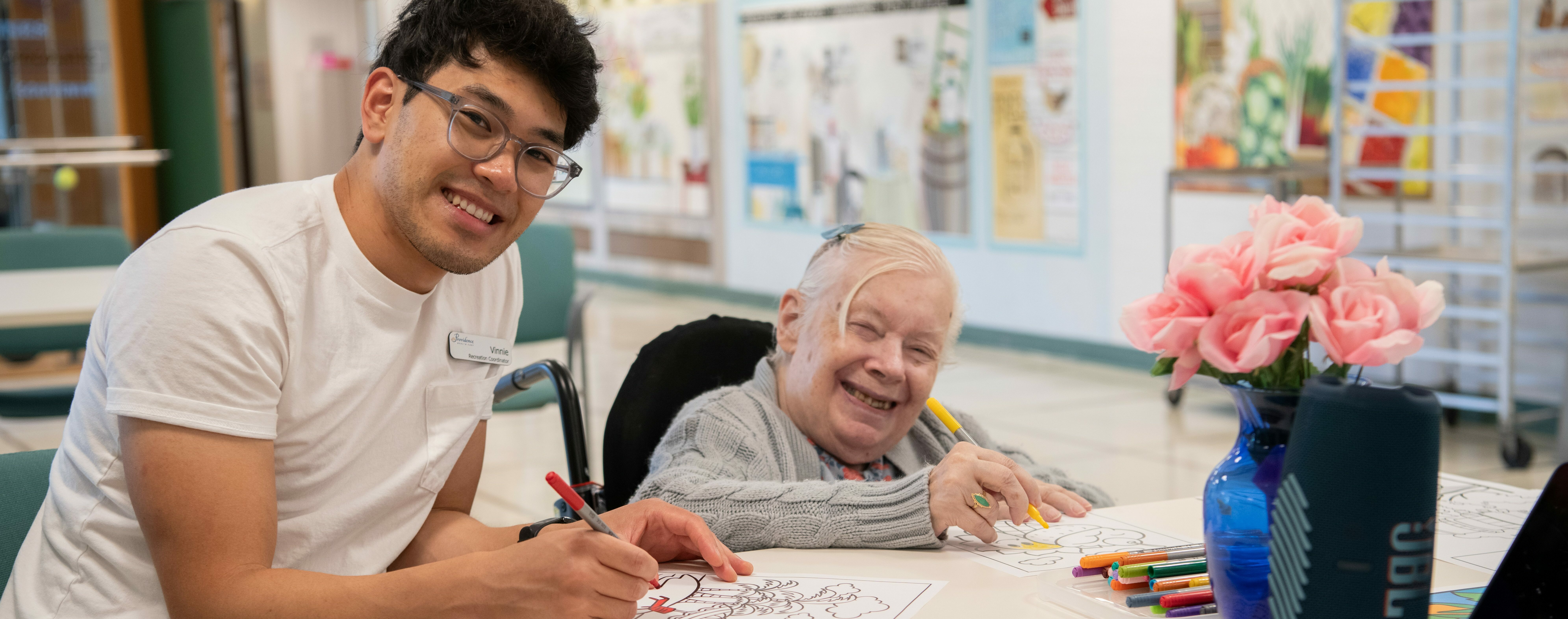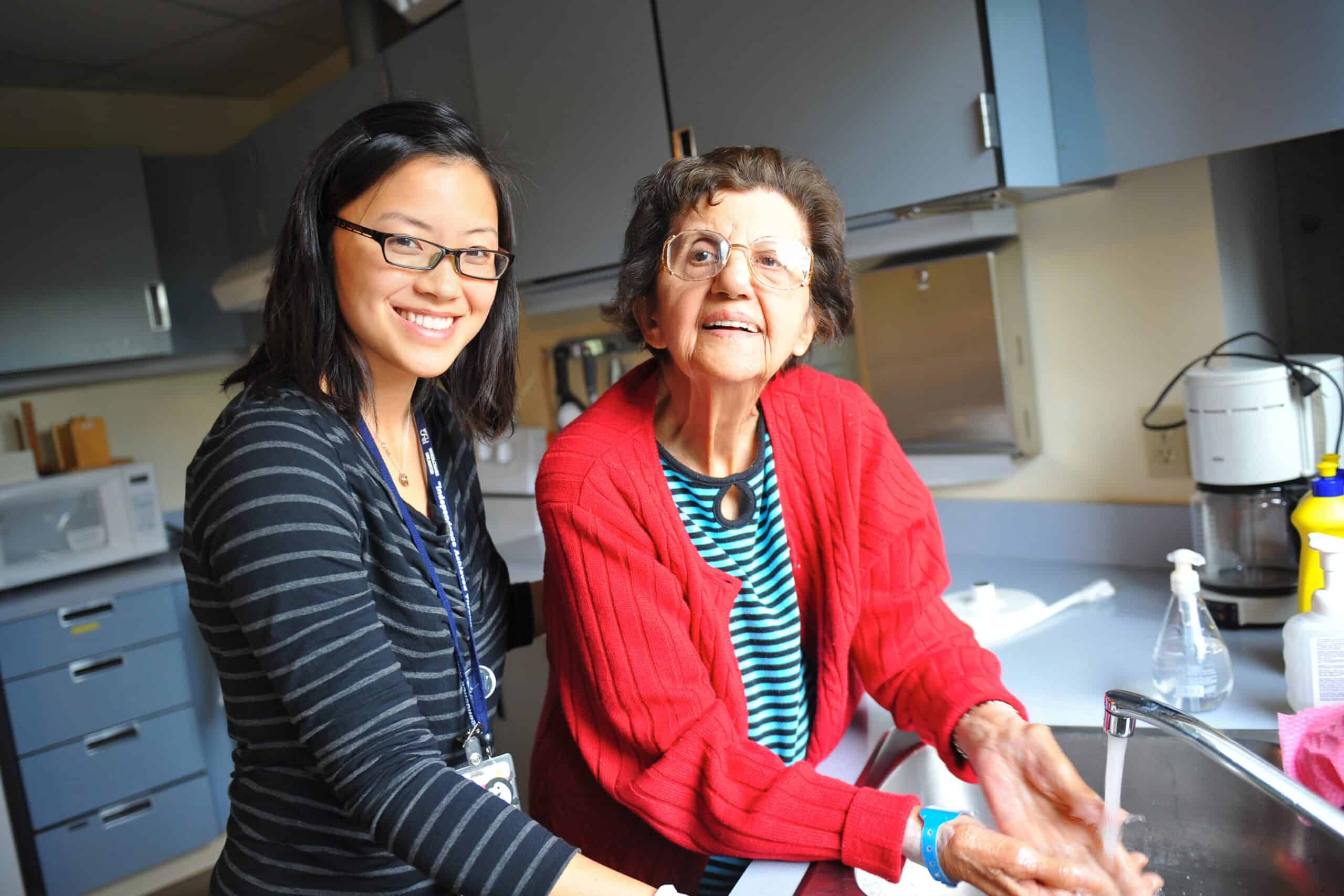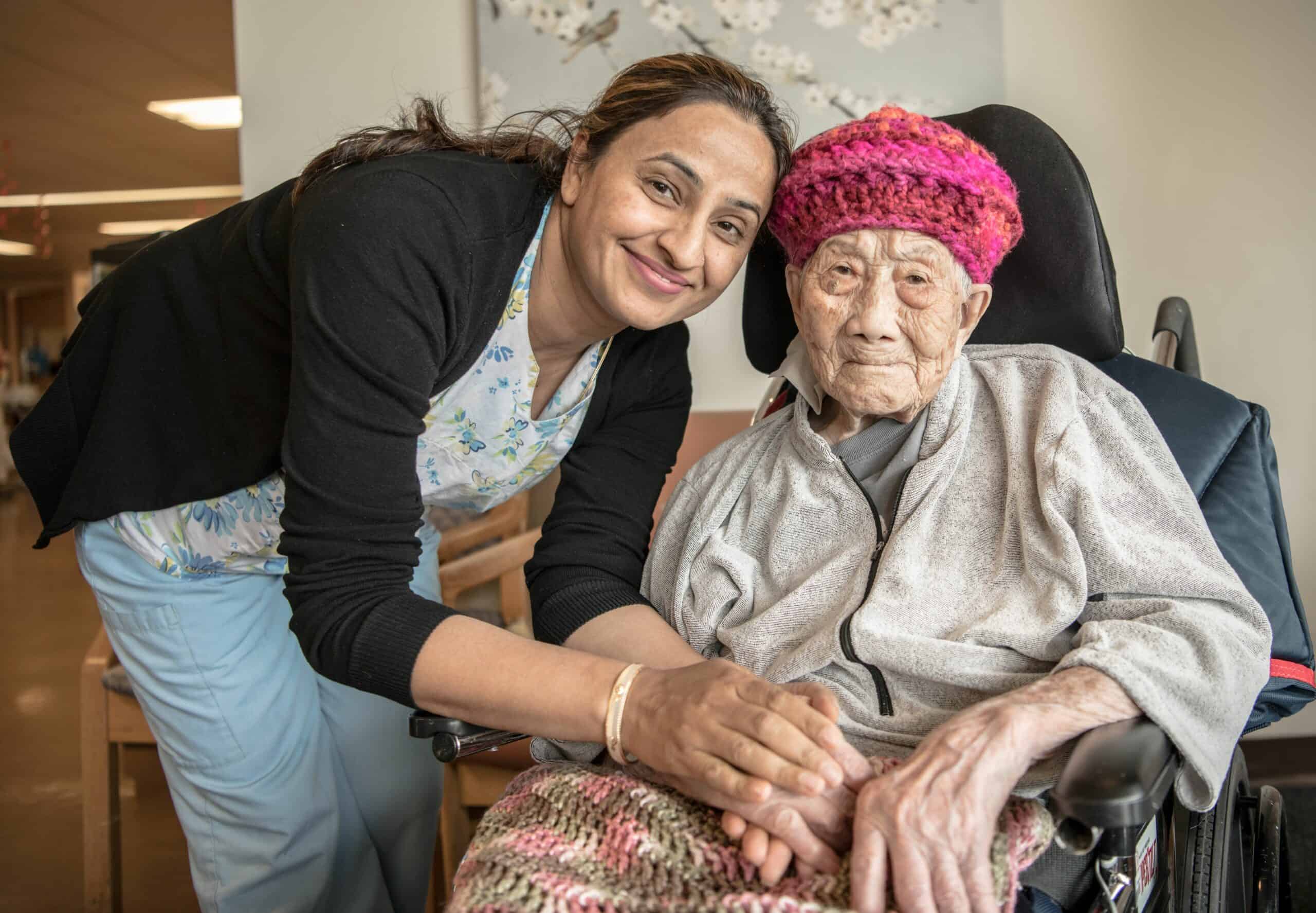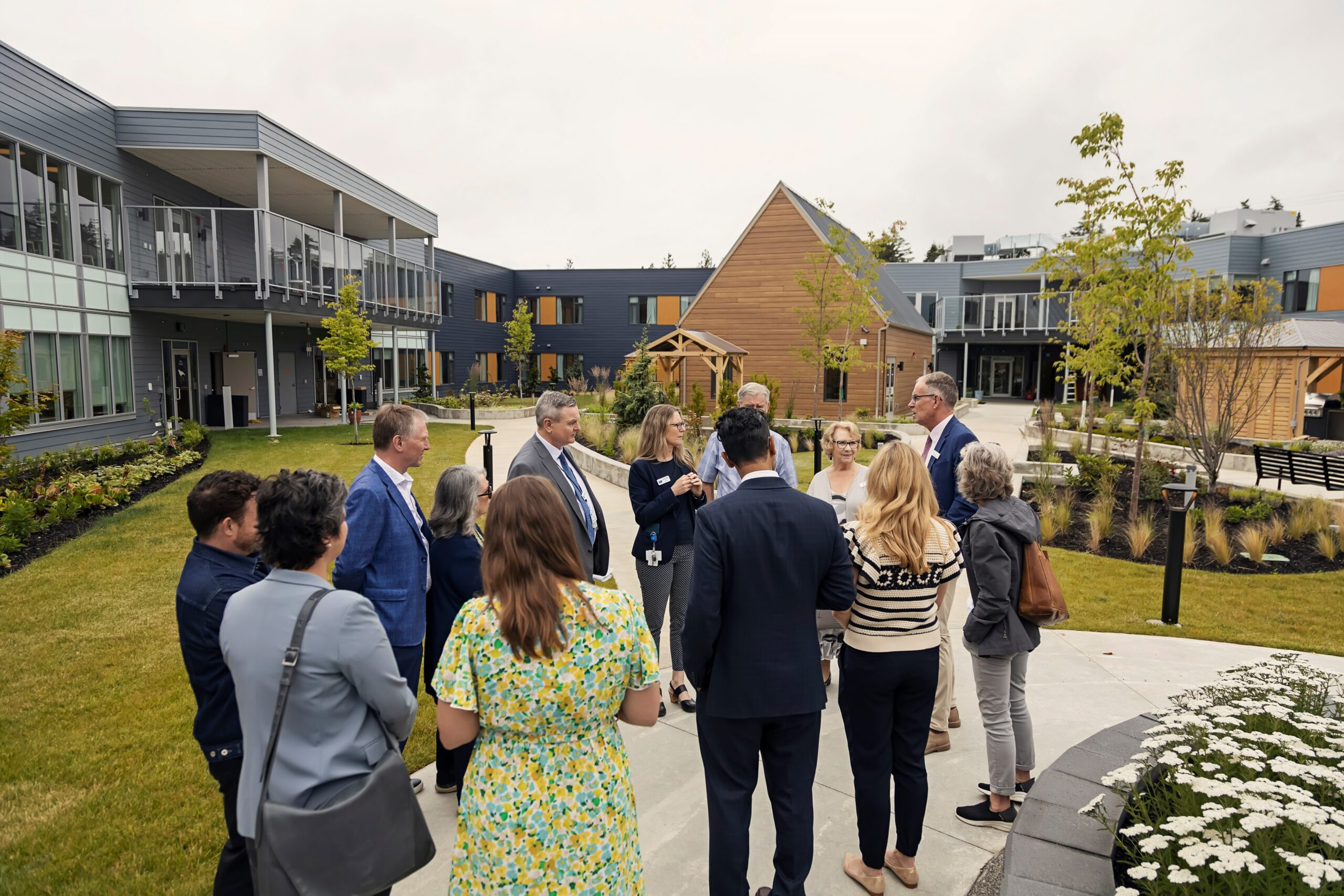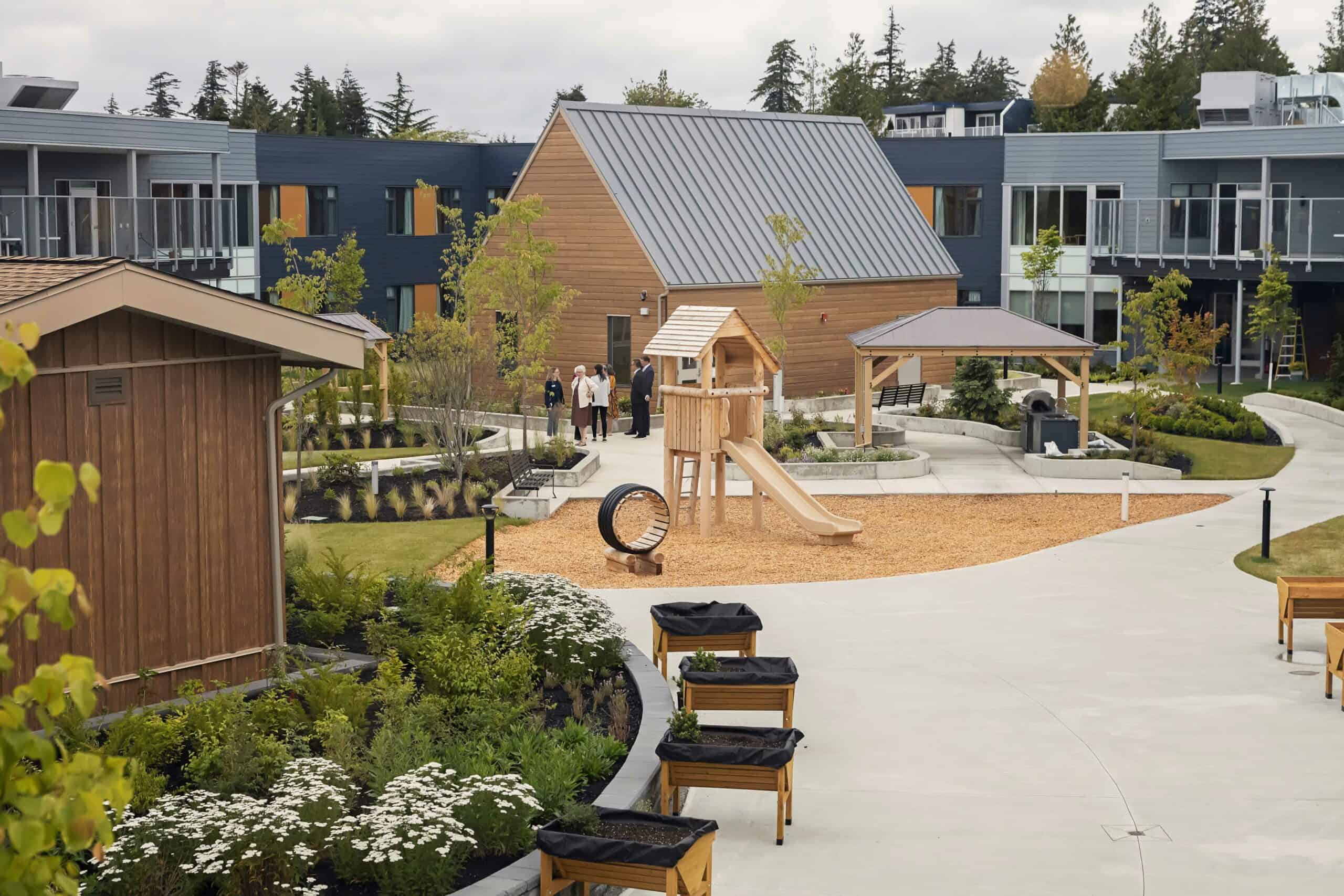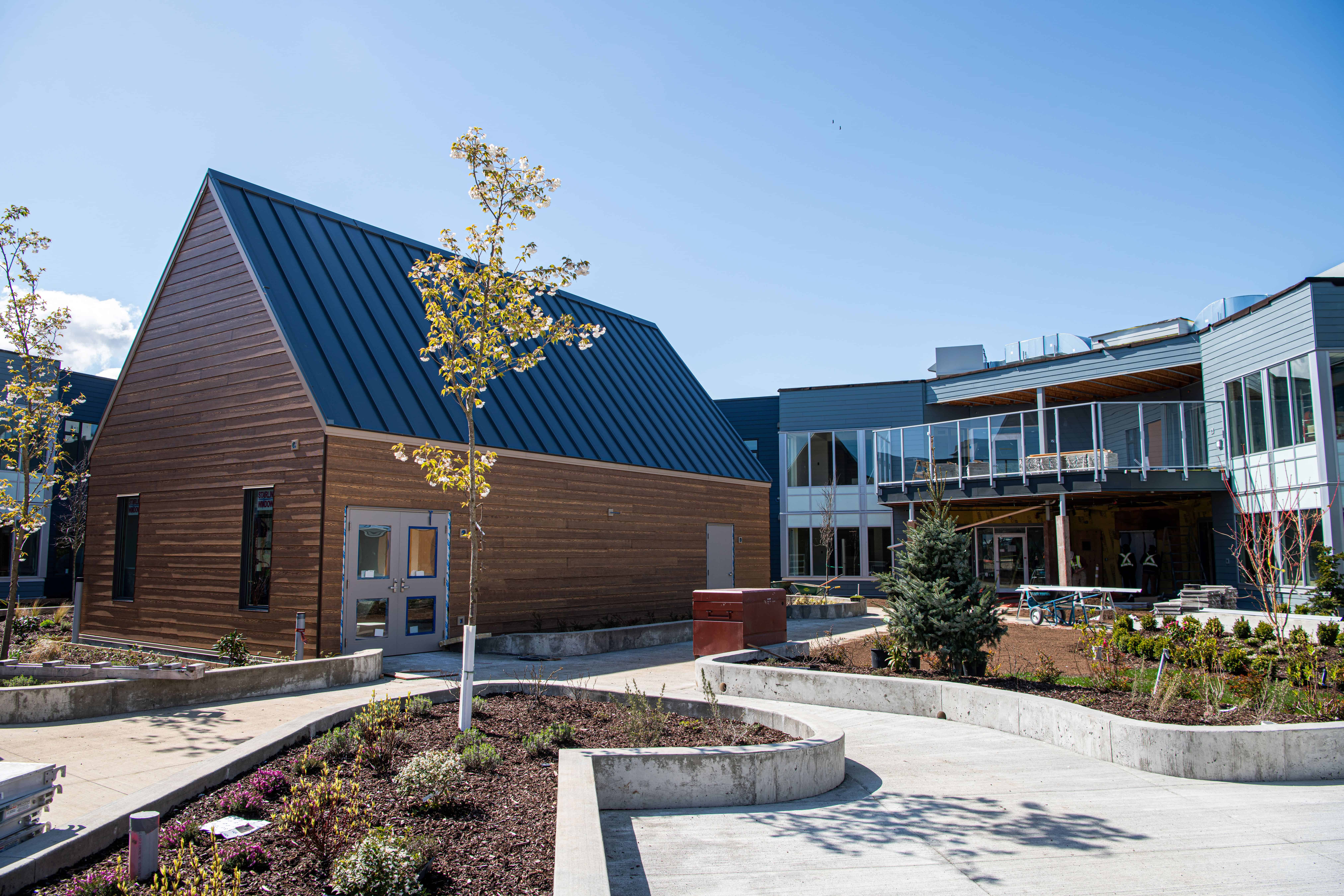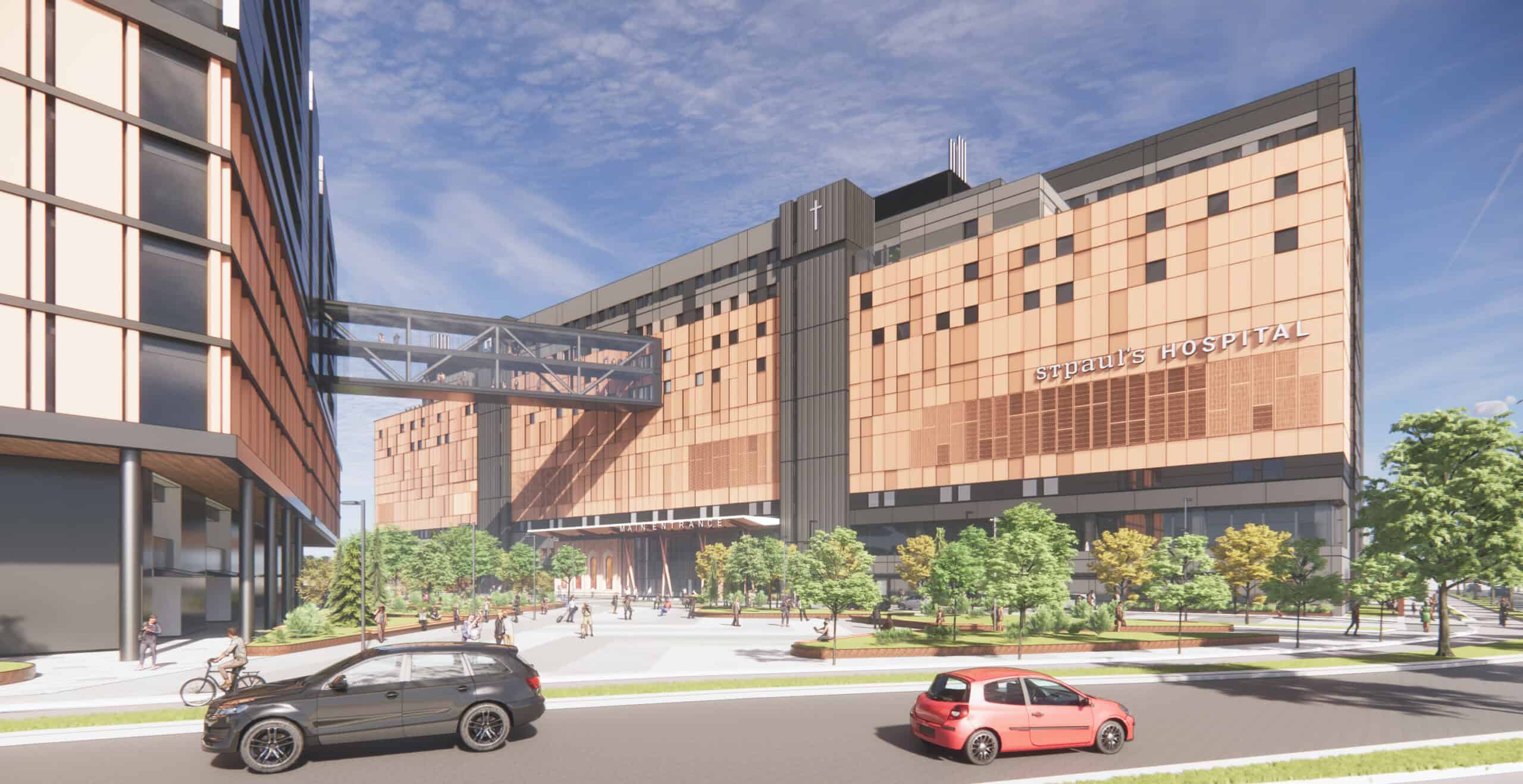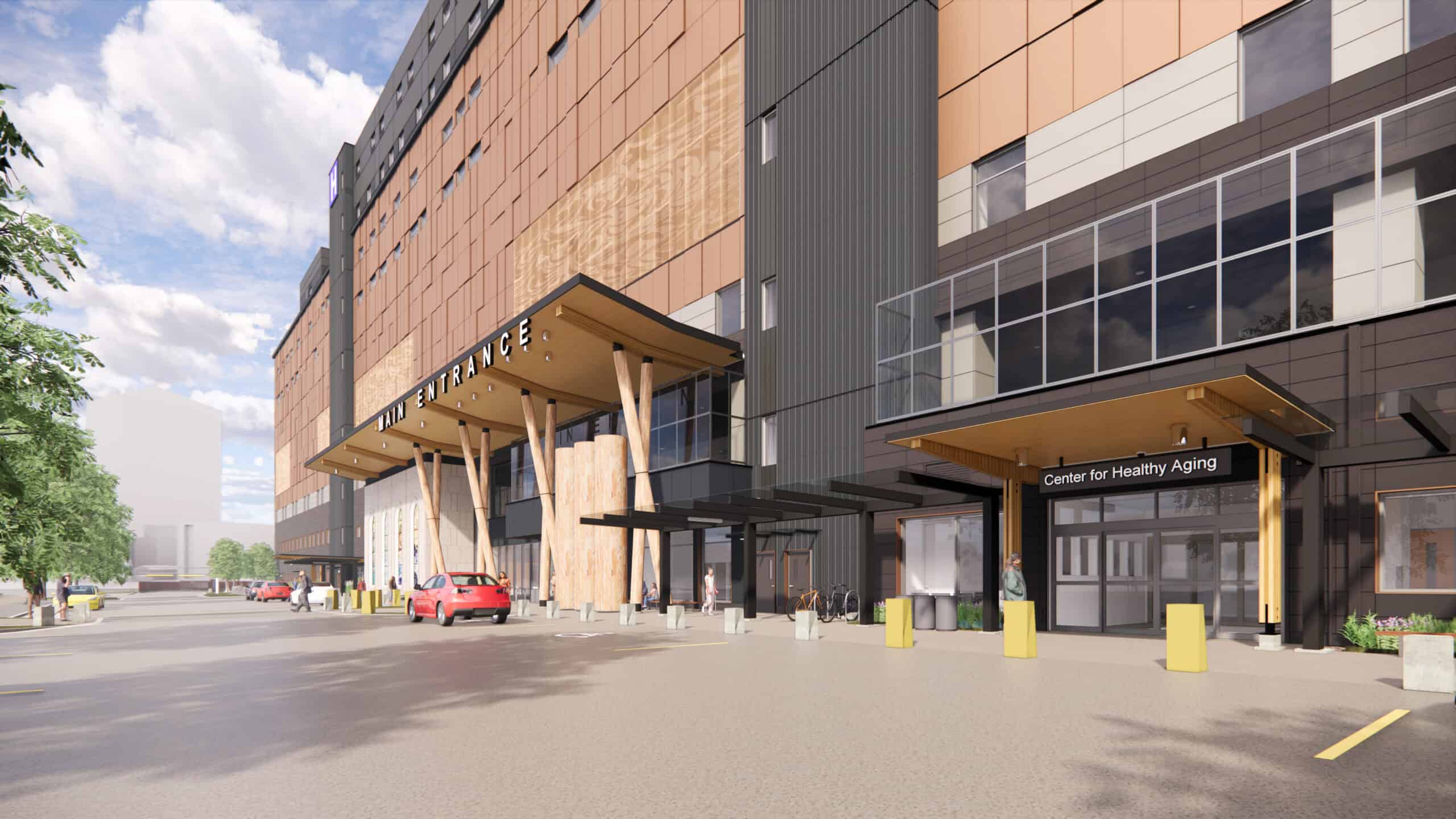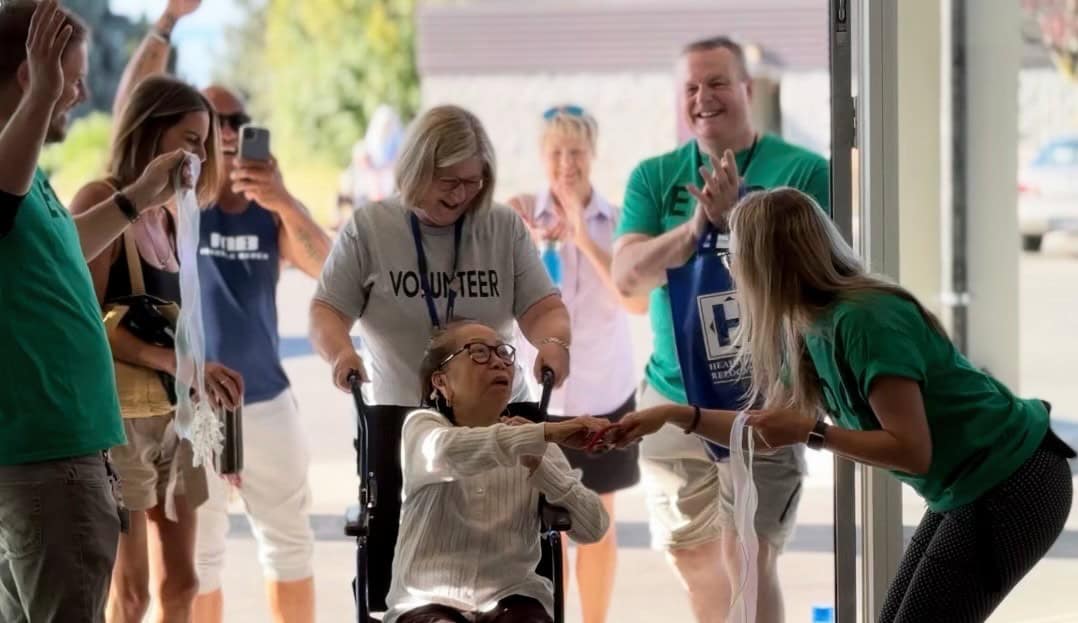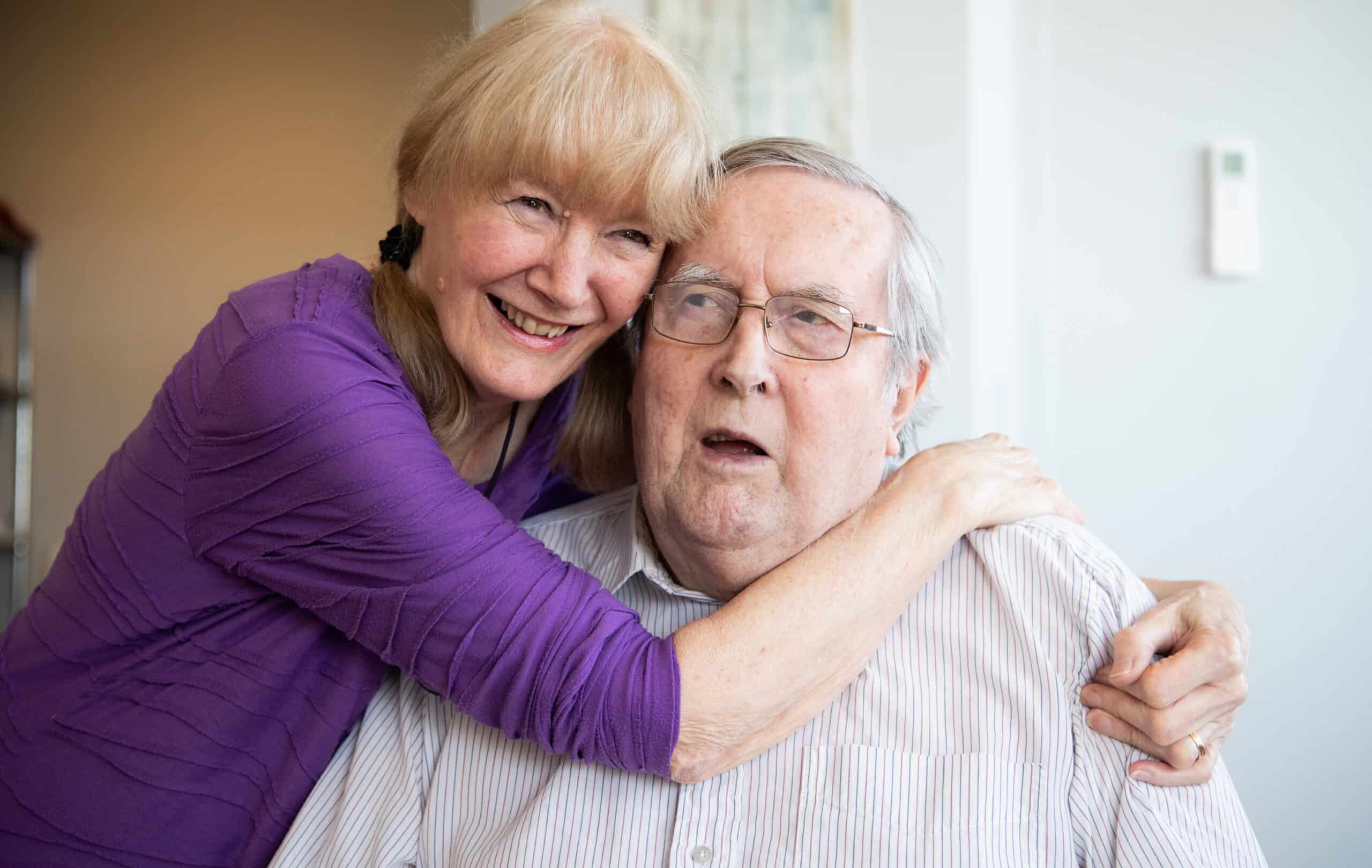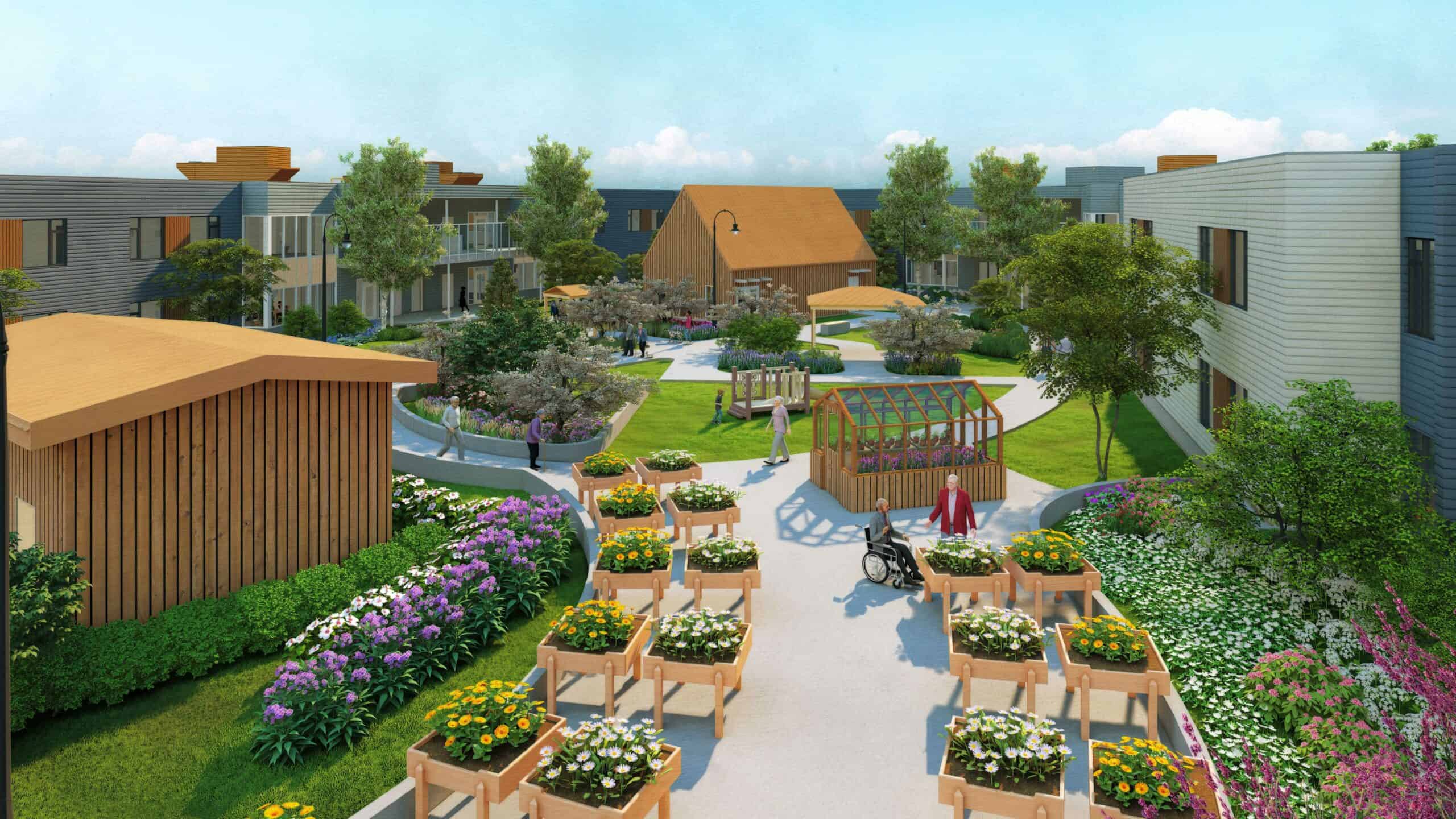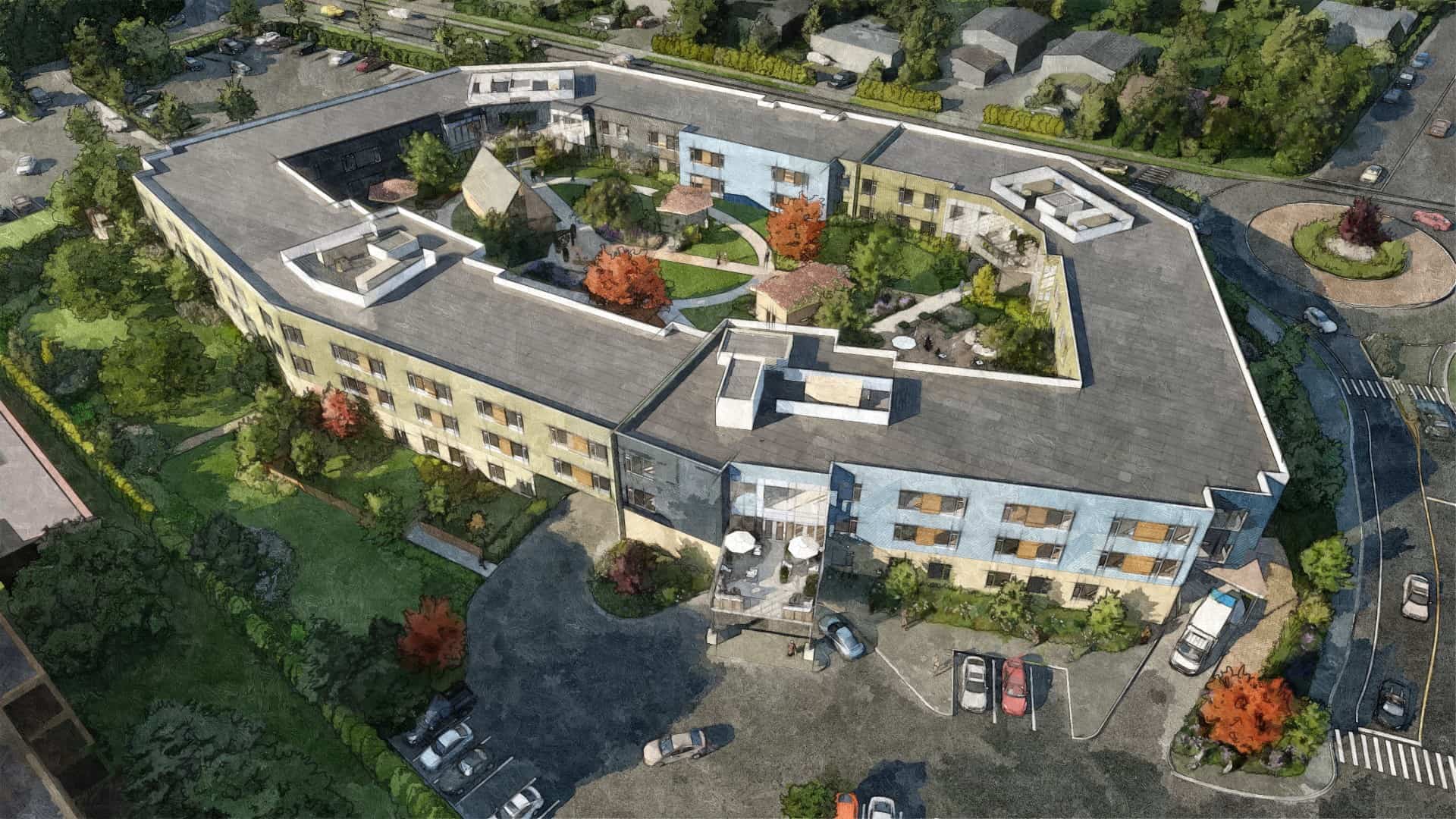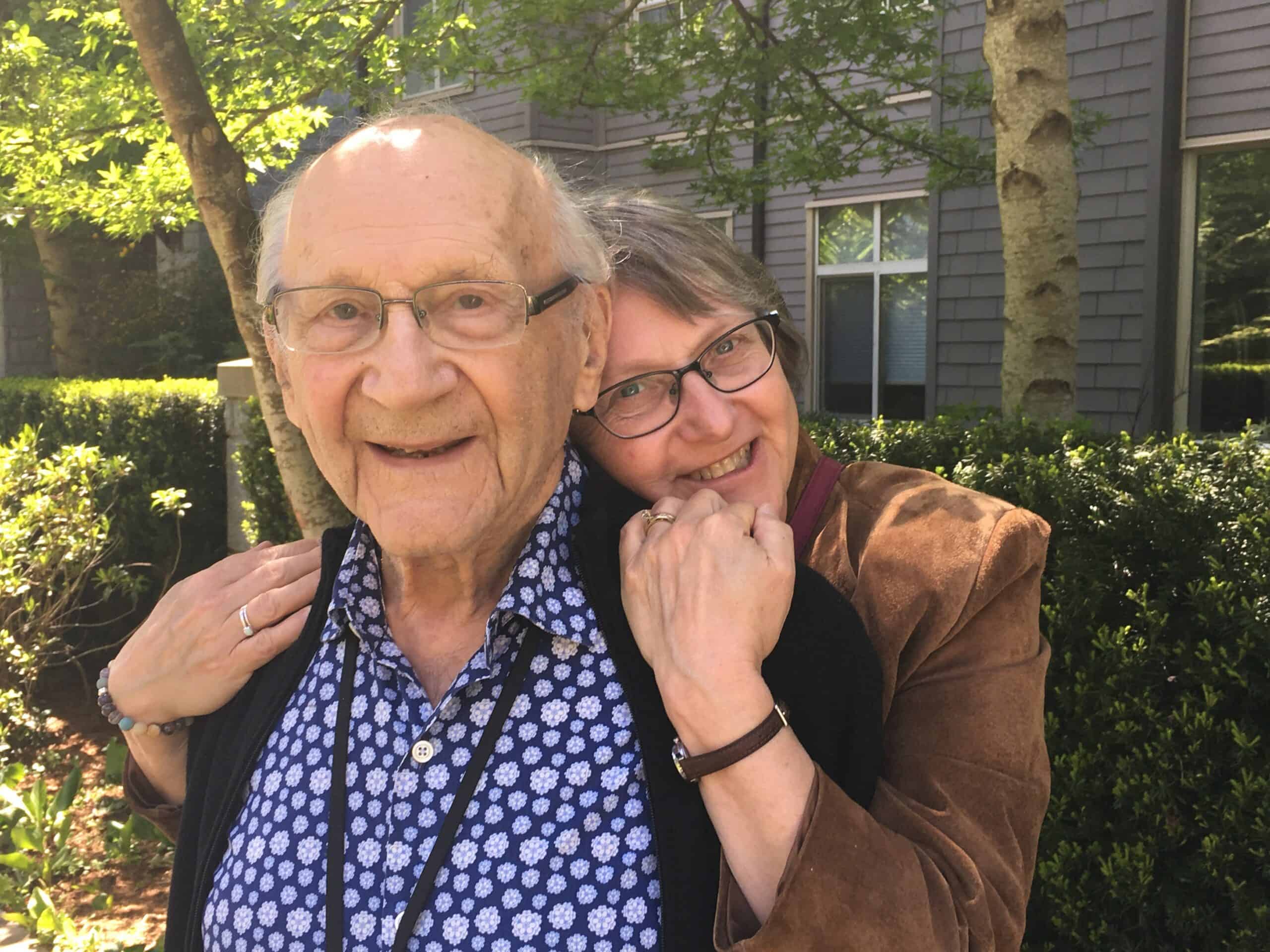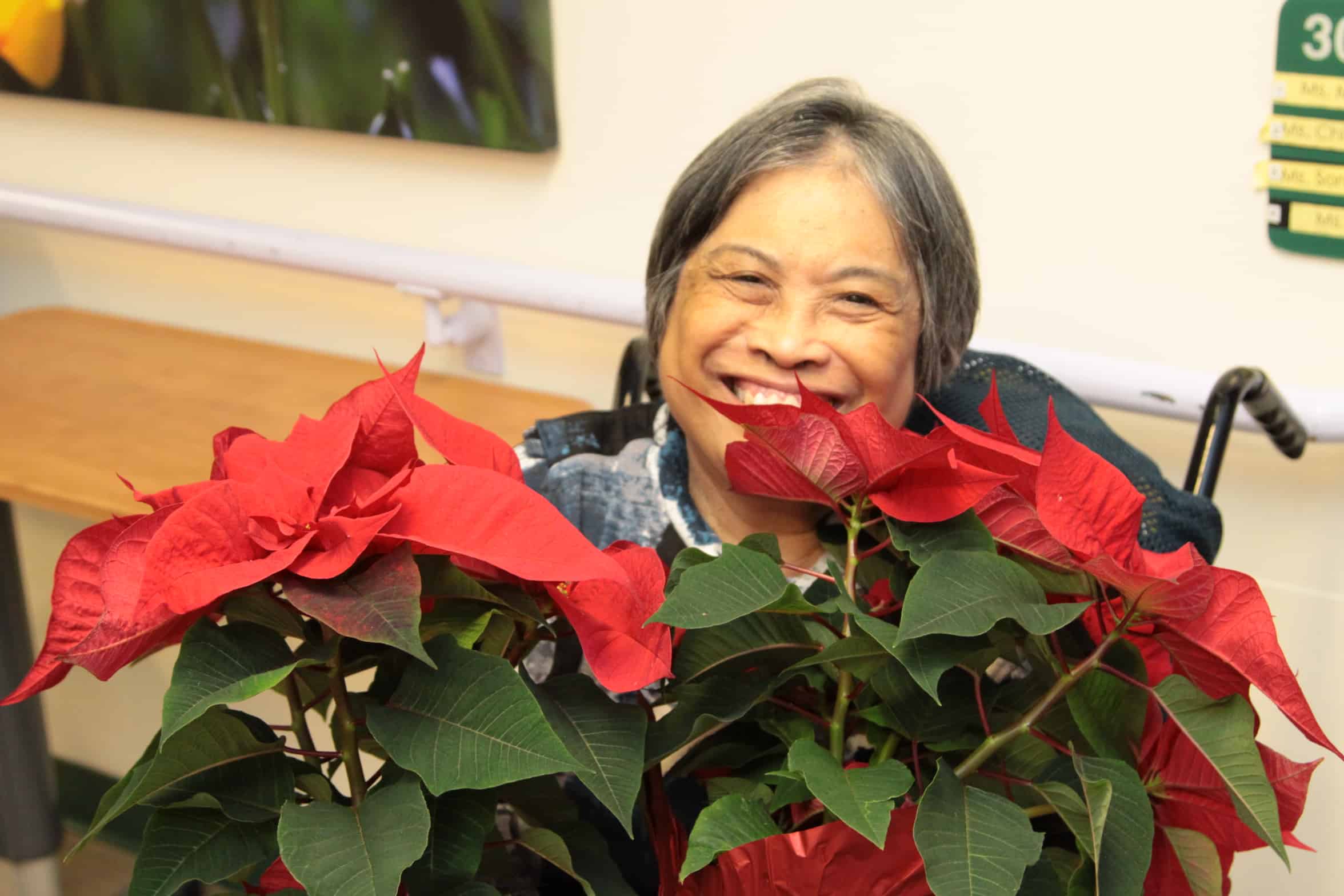Aging joyfully
A whole new approach to care for seniors and older adults.
It’s hard to imagine anything more meaningful or rewarding than improving care for seniors and older adults.
That’s why Providence Health Care (PHC) and Providence Living (PL) are pioneering new approaches to care for older adults in acute care and for residents in long-term care. And it starts by asking seniors and their families what they want and what matters most. Equipped with this feedback, we are changing everything.
- We are streamlining and bridging the gaps between home care, acute care, and specialized care.
- We are supporting older adults to stay independent and live at home for as long as possible.
- If the time comes for long-term care, we are welcoming residents into spaces and daily living experiences that feel more like home.
- We are safeguarding dignity and autonomy and honouring each person’s values, traditions, and interests.
And this is just the beginning. Looking ahead, we’re developing a brick-and-mortar Centre for Healthy Aging on the campus of the new St. Paul’s Hospital. And we have supported Providence Living to build Canada’s first public, non-profit care villages that are modelled after dementia villages.
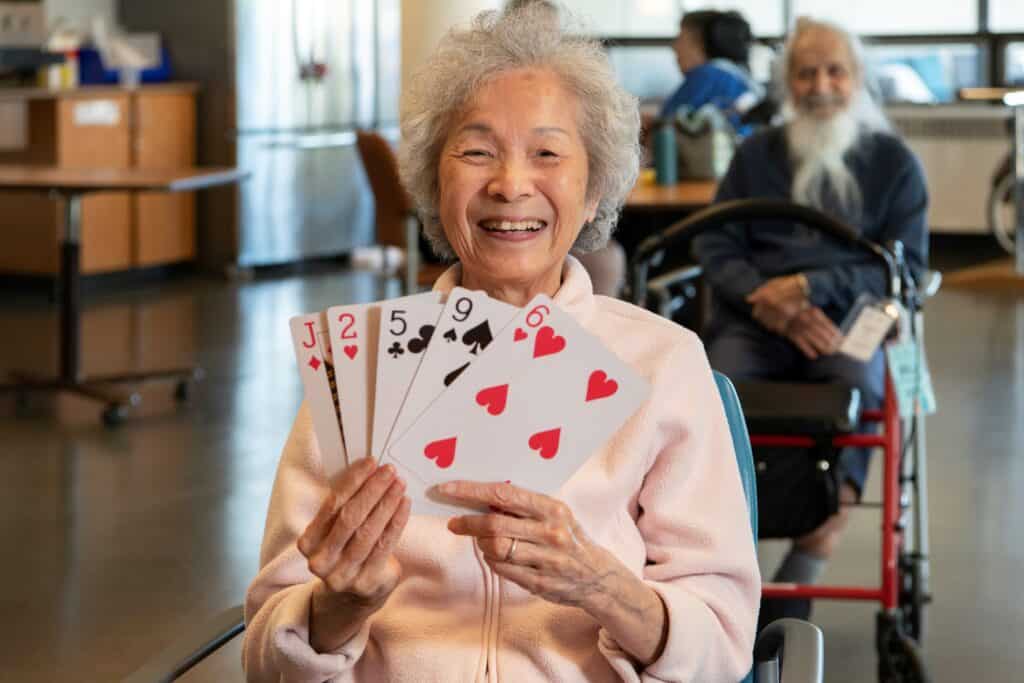
“Our seniors are worth it. They are treasures that deserve the best. I am so blessed to know them, have the opportunity to listen to their stories, and share their lives with them. They still have so much to give, even those who are so close to the end of their lives. But they need time and ways to give it.”
Joyce Shepherd
Providence Living recreation therapist
Our work to reimagine seniors care was already well underway when the pandemic hit. What we’ve learned since then has us doubling down on our efforts to move the dial and to move it quickly.
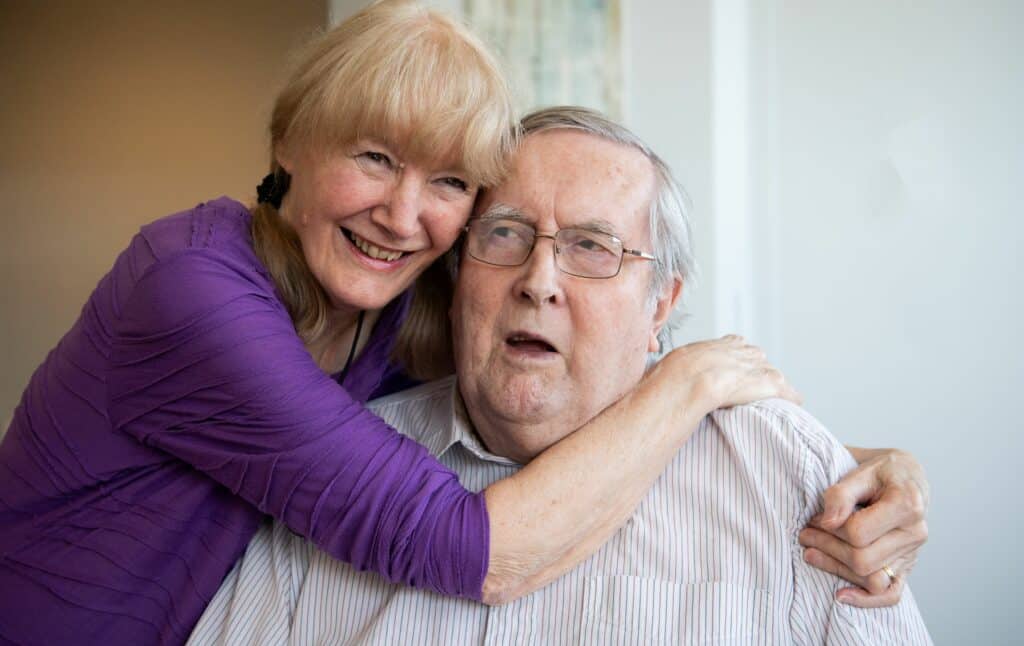
“We owe so much to our seniors. They have lived full, hardworking, and meaningful lives. They are engineers, pilots, homemakers, veterans, artists, carpenters. They deserve to be heard, respected, and honoured.”
Judi Wild-Hutter
whose husband, Lorne, is a resident at Providence Living at The Views
Changing the culture of long-term care
Person-centred and resident-directed care is a fundamental part of our mission. Our teams continually engage in initiatives that advance care for residents and enhance their living experience. For example:
- Residents at St. Vincent’s Langara can create beautiful music and sounds without touching a single instrument. Soundbeam, a British-developed music system, has motion sensors that let users create music with a simple movement from any part of their body. A wave of the hand, a wiggle of a toe, or the wheeling of a chair in and out of the beam can create sound.
- Residents enjoy engaging, interactive play with the Tovertafel, or ‘magic table’. The device uses overhead light displays and motion sensors to project interactive games and vibrant images onto a surface. It was developed for people with cognitive challenges, including seniors living with dementia. Besides providing pleasure and entertainment, the games are also meant to conquer apathy, reduce restless and tense behaviour, and increase positive emotions.
- Gardening activities are offered across 10 Providence long-term care and assisted-living homes. Care homes provide adaptive gardening tools that are designed to let the strongest arm muscles do the work while keeping the joints in natural positions with no extra strain on a person’s hand. They’re comfortable, easy to grip, and carry, enabling residents to continue enjoying their favourite gardening activity that promotes physical and mental well-being.
- Residents at St. Vincent’s Brock Fahrni can participate in a variety of art therapy programs at its Artworks studio. Drawing, painting, crafts, and more provide a sense of calm and meditation for residents, and can even enhance their memory and cognition.
- St. Vincent’s Langara, Mount St. Joseph, and Chénchenstway started the Traditional Chinese Soup Program for residents. Staff selected a variety of traditional Chinese soup recipes and turned them into homey soups for residents. Due to their aroma and use of herbs, the soups stimulate the resident’s sensations and help them increase their appetite, and also help replenish fluids and keep residents hydrated.
- The Holy Family Radio Show, which began in the early days of the pandemic, is a resident-led radio program sharing music, jokes, and updates. It’s been a source of comfort and joy for residents and staff alike – and there’s even a mini-documentary about its impact!
We are proud of our long track record of innovative approaches to culture change in long-term care – projects that have been recognized by the BC Patient Safety and Quality Council, the BC Health Care Awards, among others.
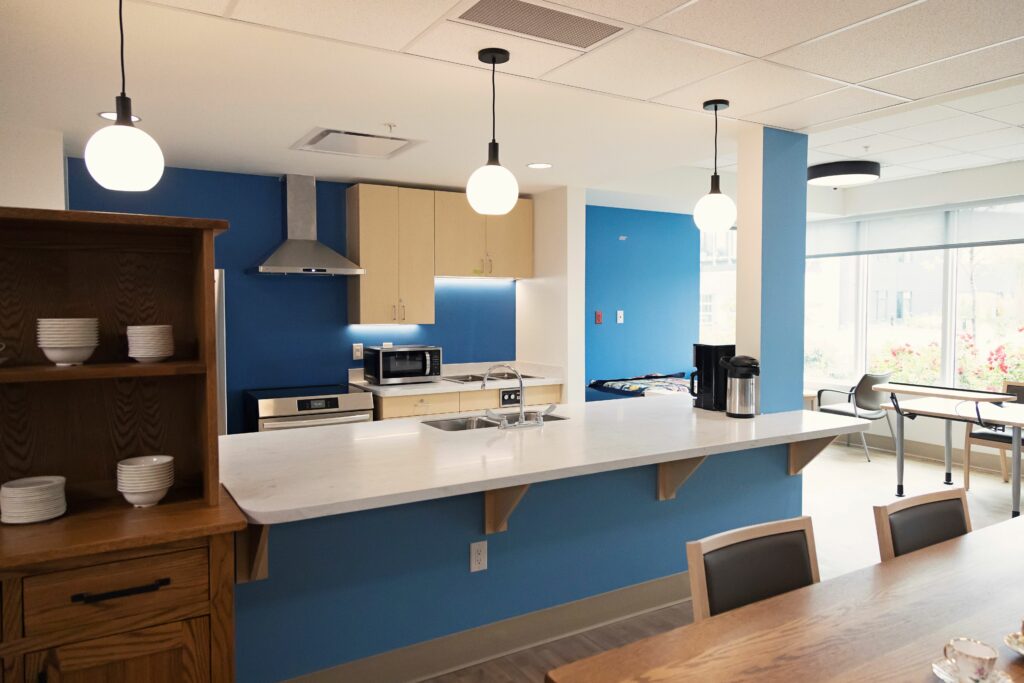
“It’s a wonderful, sensible return to the village model. There is so much to be gained by being with elders, laughing with them, and seeing the world through their eyes. I wouldn’t feel I have a full social life without this contact.”
Janet Haigh
Providence Living volunteer
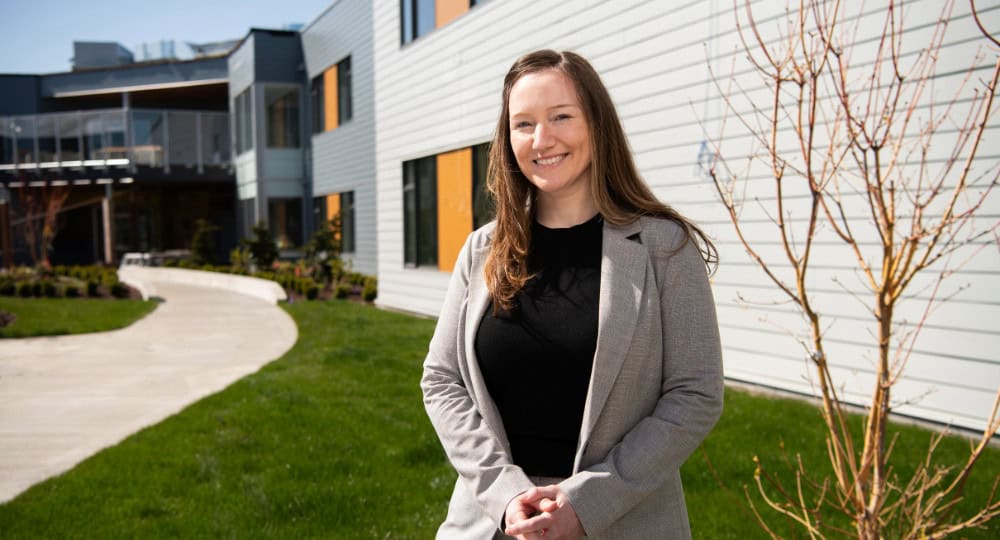
“This is a flourishing, authentic, and genuine community. Emotional connections matter, and that’s something we do well. Providence Living at The Views isn’t isolated – it really is part of the broader Comox community.”
Jennifer Gibson
Providence Living’s director of Quality, Practice, and Program Development
Providence is leading the charge in creating long-term care homes that genuinely look and feel like home. Together, with the help of generous donors like the Aune Foundation, Eldercare Foundation, Y. P. Heung Foundation, Conconi Family Foundation, and Doug and Teri Loughran, we are working toward a future where communities around the world will be empowered to provide care that puts residents first.
Transitioning from acute care to home supports.
In 2023, 26% of emergency visits and 47% of hospitalizations across the province were for seniors. On average, seniors stayed in the hospital for eight and a half days – that’s four days longer than their younger counterparts.
We’re trying to make hospitalizations, and the necessary follow-up care, much easier for patients and residents.
To bridge acute care to the home environment, staff will use virtual care and home health monitoring of chronic conditions where possible, and coordinate with partner organizations to deliver (not duplicate) existing services in the community.
This may involve linking patients to social work, education and training for home caregivers, and housing assistance, all of which will help prevent or delay the need for acute care interventions, and ensure patients have seamless continuity of care at home following their discharge from the hospital.
In essence, the Centre for Healthy Aging will serve as a central hub for integrated services, helping patients navigate care whether they are at home or need the hospital’s acute care setting.
We have a vision, a mandate, and a 130-year history of compassionate care. All we need now is you. Join us and transform seniors’ lives.
